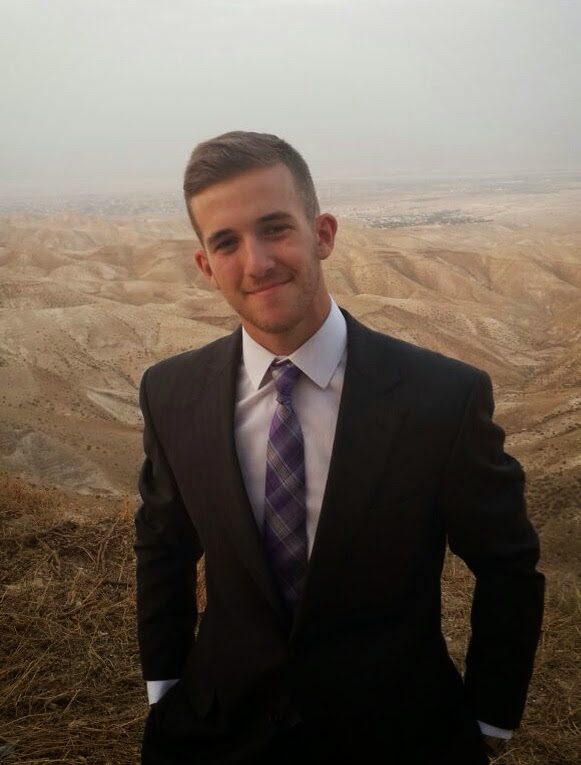
Even a broken clock is right twice a day.
In early April, BDS leader Omar Barghouti expressed support for allowing the use of potential Israeli-developed vaccines for COVID-19.
“If you use medical equipment from Israel — it’s not a problem. Cooperating with Israel against the virus — to begin with, we do not consider it normalization,” he said in an Arabic-language Facebook live broadcast.
He continued, asserting, “Up until now, we have not been in a situation where we need Israel urgently and no one else can save us but Israel. If that will happen, saving lives is more important than anything else.” Since the BDS movement rejects normalization with Israel, this statement took many by surprise.
However, this statement could actually be a positive development. Barghouti is, in essence, reiterating a mantra repeated by much of the international community — politics are politics, and we shall have our political arguments as we see fit — but our ideologies should not cost human lives. While we may often disagree about certain policies, rarely do they have as direct an impact on the well-being of others as medicine does.
So, being that Barghouti set the precedent that human lives are more important than political steadfastness, it was disappointing (yet predictable) that this is not the case with some prominent BDS chapters on US college campuses.
For example, in March, Tufts University’s chapter of Students for Justice in Palestine (SJP) became the first campus group to submit a referendum condemning and ultimately attempting to end all security training for campus police by Israeli security forces. (A decision on the referendum was delayed until the fall due to COVID-19).
This is merely SJP’s latest endorsement of the “Deadly Exchange” campaign, which they have openly supported since 2018. The campaign is rooted in antisemitism. Essentially, it claims that Israel and American Jewry contribute to police brutality in the United States, and that university police have become “militarized” to implement “discriminatory and repressive policing” used by the Israeli defense establishment. This is a “j’accuse” par excellence devoid of any evidence, and utilizes classic antisemitic tropes of Jewish power and money.
This campaign is unsurprisingly spearheaded by Jewish Voice for Peace (JVP), a group that uses its Jewish identity as a shield when denying Jews their right to national self-determination and security.
There are many issues to be taken with the campaign (not least of which, that JVP openly voices support and has even hosted convicted terrorists at their events), but the most striking issue here is the complete disregard for human life by JVP and SJP. Barghouti himself stated that lives come before politics — and ending security training will leave many staff without the necessary skills needed to protect campuses, which can end up costing lives.
“[The ‘Deadly Exchange’ campaign] is a ‘j’accuse’ par excellence devoid of any evidence, and utilizes classic antisemitic tropes of Jewish power and money.”
When Tufts-SJP won an award for student collaboration, Academic Engagement Network (AEN) Executive Director Miriam Elman stated, “Tufts-SJP is hardly a worthy recipient of an award for collaboration,” echoing similar statements made by Anthony Monaco, president of Tufts, who expressed that this award should not have been bestowed to SJP, and highlighted many concerns that arose from the unfortunate incident. Indeed, both SJP and JVP consistently act divisively (and in a bigoted manner) in ostracizing students and impeding a healthy exchange of ideas meant to improve society.
Encouraging student activism and being politically involved are important for any functioning society. But when we are faced with organizations that hold abhorrent stances, spit in the face of human rights, and are knee-deep in antisemitism, one must ask — what values are really driving these organizations to action? Are these organizations worthy of being rewarded?
Originally published in The Algemeiner.
Contributed by 2019-2020 Hebrew University CAMERA Fellow Dov Guggenheim.

